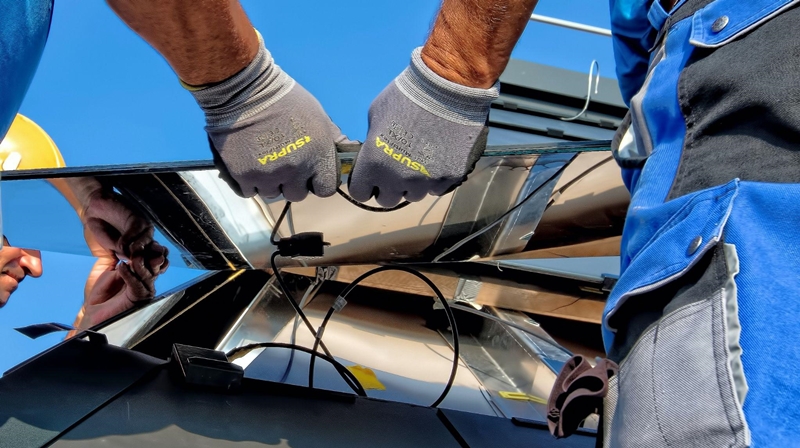Backup batteries for solar power are an essential component of any solar energy system because they enable extra solar energy to be stored and used even when the sun is not shining. These batteries come in a wide number of configurations and dimensions, and they are put to use in a wide variety of contexts, including the provision of backup power for essential infrastructure as well as the powering of homes and businesses.
The Components of the System
A solar power backup battery system consists of many important components all working together. The primary component is the battery itself, which may be constructed from cells composed of lithium-ion (https://en.wikipedia.org/wiki/Lithium-ion_battery), lead-acid, or nickel-metal hydride, among other materials. Following the formation of a single battery pack from these individual cells, a connection is made between the pack and a charge controller. The charge controller is in charge of managing the flow of power from the solar panels to the battery, as well as making certain that the battery does not get overloaded or drained to an excessive degree.
The inverter is yet another critical component of a solar power backup battery system. The solar panels generate direct current (DC), which is converted by the inverter into alternating current (AC) power by the inverter. AC energy is the form of electricity that is used in the majority of residences and places of business.
The Multiple Uses Of Solar Backup Batteries
Solar power backup batteries have a wide variety of applications, including powering homes and businesses as well as supplying backup power for essential infrastructure. For houses and companies that are situated in rural locations or in regions that are prone to experiencing power outages, for instance, a solar power backup battery may be used to provide constant and dependable electrical power. They may also be used to power essential infrastructures, such as hospitals and emergency services, so that in the case of a power failure, these essential establishments will still have access to a dependable supply of electricity to run their operations.
Solar power backup batteries are not strictly necessary for a solar power system, as it is possible to design a solar energy system that does not include storage. However, in many cases, the inclusion of solar power backup batteries can provide significant benefits to a solar energy system. You can even check battery charging cabinets from brands such as STOREMASTA to provide a dry and cool environment for batteries.

Why Should You Have A Solar Backup Battery?
One of the primary reasons to include solar power backup batteries in a solar energy system is to provide a reliable source of power. Solar panels rely on sunlight to generate electricity. Solar power backup batteries allow excess solar energy to be stored and used during these times, ensuring that the solar energy system can continue to provide power even when the sun is not shining.
Another reason to include solar power backup batteries in a solar energy system is to provide a reliable source of power during power outages. Power outages can be caused by a myriad of factors, including storms, equipment failure, and human error, and can be particularly damaging for businesses and critical infrastructure. Solar power backup batteries can provide dependable power during a power outage, allowing businesses to continue operating and critical infrastructure to continue functioning.
In addition to providing a reliable source of power on cloudy days or in the event of a power outage, solar power backup batteries can also help to optimize the performance of a solar energy system. Click here to read more on solar energy systems. By storing excess solar energy, solar power backup batteries can smooth out fluctuations in solar energy production, ensuring that the system is providing a consistent level of power. This can be particularly useful in cases where the demand for electricity varies significantly over time, such as in a business with peak energy demand during certain times of the day.
Despite these benefits, there are also some drawbacks to including solar power backup batteries in a solar energy system. One of the main drawbacks is the cost of the batteries themselves, which can be significant. In addition, solar power backup batteries require maintenance and may need to be replaced over time, which can also add to the overall cost of the system.







